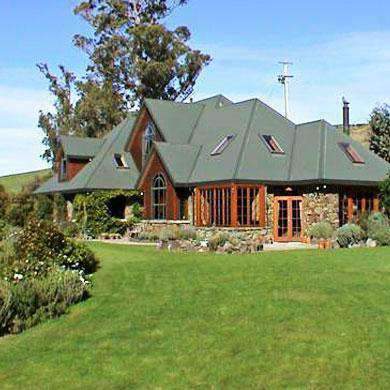midTN_Brangusman
Well-known member
Wanted to get some opinions. This spring I am sewing approximately 120 acres that the drought of 2021 killed most of my summer grass. I have been debating between Wrangler Bermuda or Tifton 9 Bahia or possibly a blend of the two (hand mixing). Sprigging hybrid bermuda is not an option due to the cost. Conducted soil test last fall, PH is 5.7. I did apply 1 ton of lime per acre, other nutrient levels are good. Summer grasses where it didn't die out are common bermuda and Pensacola bahia. Soils are sandy loam, located in SE Oklahoma. Thanks in advance.

